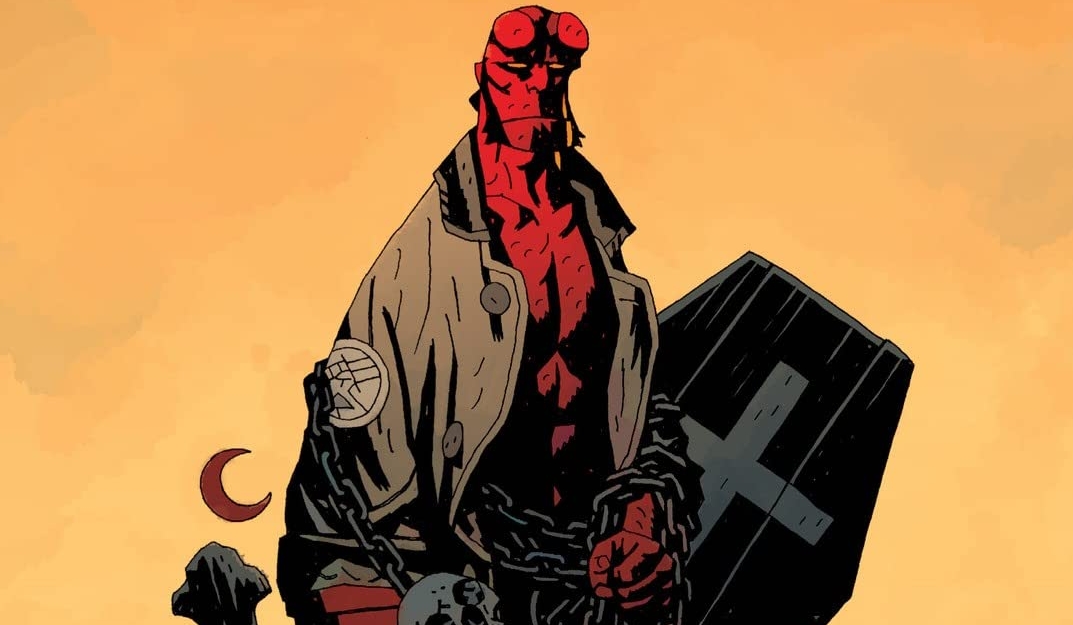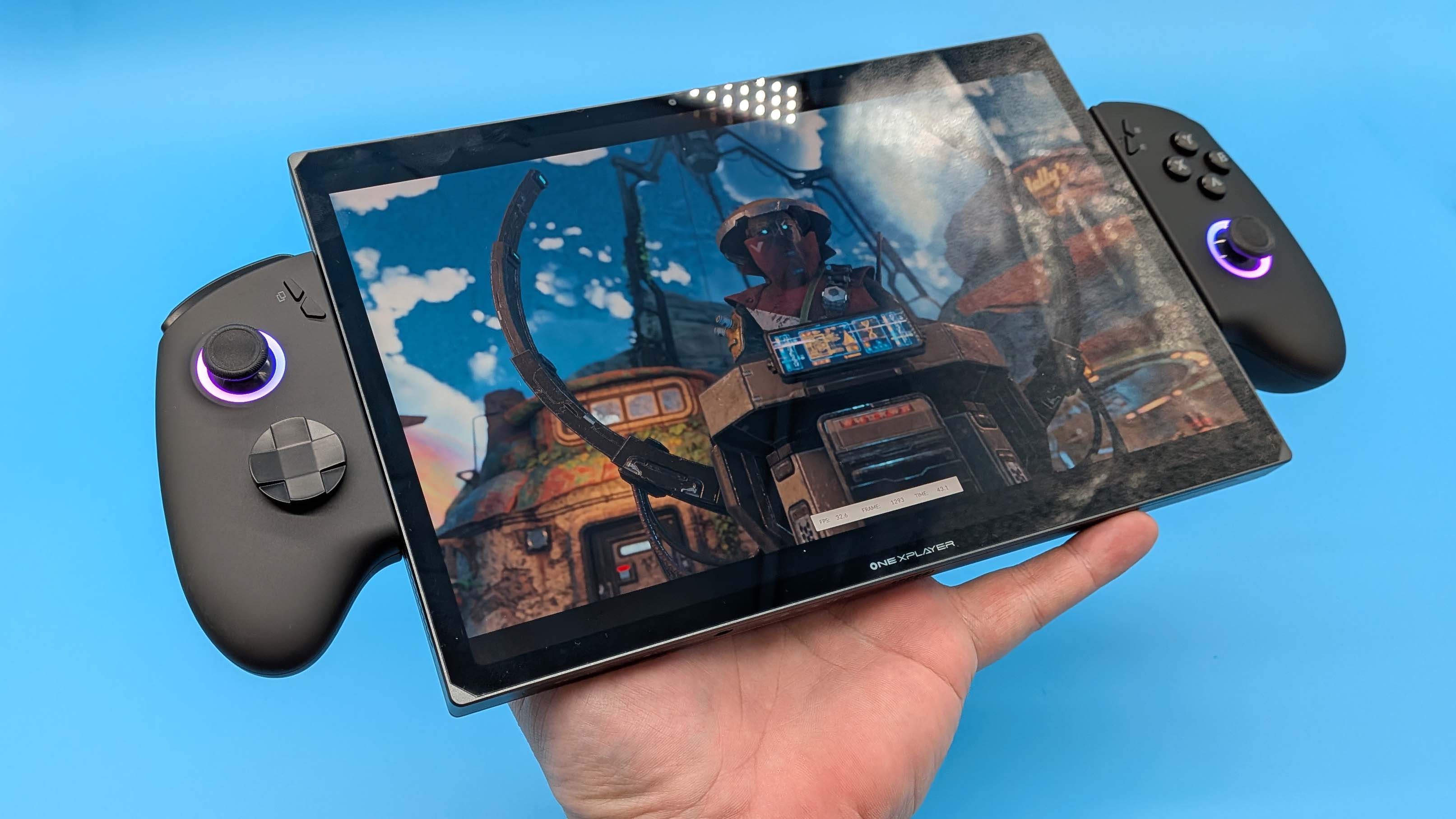Comics giant Dark Horse says it won't use AI art or writing, is instead 'committed to supporting human creative professionals'
Straight and to the point.

Publisher Dark Horse Comics has stated on X , "The Everything App," that it will not accept AI-generated content from comic book authors, an unequivocal rejection of the increasingly popular technology that contrasts with other companies' more "wait and see" approaches.
Dark Horse said its statement was in response to "what is becoming a frequently-asked question," and explained that its primary concern was how generative AI impacts artists. "Dark Horse Comics was originally founded to establish an ideal publishing atmosphere for creative professionals, and maintains this focus on supporting independent creatives to this day," the statement reads.
"As such, Dark Horse does not support the use of AI-generated material in the works that we publish. Our contracts include language stating that the creator agrees that the work will not consist of any material generated by computer Artificial Intelligence programs. Dark Horse is committed to supporting human creative professionals with our business."
In addition to any ideological commitment to helping independent artists, this position makes sense for Dark Horse strategically as well. Though by no means an alt or small operation, having published Hellboy as well as comics based off The Witcher, Dragon Age, and Mass Effect, Dark Horse does have a more niche and plugged-in audience than DC or Marvel. It's easy to imagine the controversial use of AI tools dogging the company. See also how Wizards of the Coast accepted AI-generated art from a freelancer for a Dungeons and Dragons sourcebook, and later used AI art in a Magic the Gathering promotion—both news cycles drew a lot of flak for the publisher.
Dark Horse's statement also rhymes with similar news that came out of Nintendo recently: company president Shuntaro Furukawa indicated on an investor call that the company would not be pursuing generative AI tech for its games. Furukawa cited creative and copyright concerns as being behind the move, which makes a lot of sense given Nintendo's infamous defense of its own intellectual property.
Keep up to date with the most important stories and the best deals, as picked by the PC Gamer team.
Ted has been thinking about PC games and bothering anyone who would listen with his thoughts on them ever since he booted up his sister's copy of Neverwinter Nights on the family computer. He is obsessed with all things CRPG and CRPG-adjacent, but has also covered esports, modding, and rare game collecting. When he's not playing or writing about games, you can find Ted lifting weights on his back porch. You can follow Ted on Bluesky.

